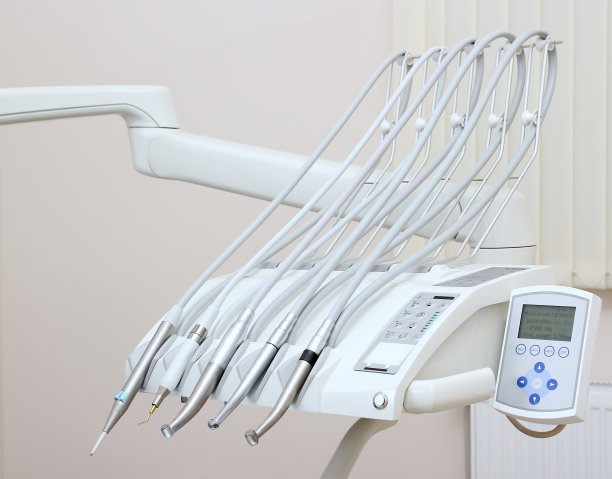Essential Guidelines to Follow Before and After Your Dental Filling Appointment for Optimal Results and Recovery
Summary: Dental fillings are a common procedure to restore cavities and improve oral health. However, to ensure optimal results and recovery, it is essential to follow specific guidelines before and after your appointment. This article outlines fundamental practices, including preparation, communication with your dentist, post-procedure care, and follow-up checks. By adhering to these guidelines, patients can enhance the effectiveness of their dental fillings and promote faster recovery, leading to better overall dental health.
1. Preparation for Your Dental Filling Appointment

Before heading to your dentist for a filling, adequate preparation can significantly affect your dental experience. First, review your medical history and any medications you are currently taking. Inform your dentist about allergies, especially to anesthesia or dental materials, to avoid complications.
Additionally, ensure that you have a stable appointment. If you feel unwell or are experiencing any dental issues unrelated to the filling, it might be wise to reschedule. Confirm with your dentist’s office a day before to allow for any changes to your schedule.
Lastly, while it may sound trivial, planning your meal before an appointment is vital. Eat a light meal that doesnt require extensive chewing and avoid particularly sugary or acidic foods to ensure your mouth is in a healthy state before the procedure. A clean mouth contributes to better procedure outcomes.
2. Communicating with Your Dentist
Effective communication is fundamental before any dental procedure. As the appointment approaches, prepare a list of questions or concerns you may have regarding the filling process. Knowing what to expect during and after the procedure can alleviate anxiety and help foster trust and understanding with your dentist.
It is also important to express any fears or sensitivities you may have related to dental work. Many dentists can offer options to ensure you are comfortable during the procedure, such as different types of anesthesia or suggesting breaks if youre feeling anxious.
Additionally, ask your dentist about aftercare options, especially if you have specific concerns about managing pain or discomfort following the filling. Adequate discussion will equip you with better tools for recovery and self-care once the procedure is complete.
3. Post-Procedure Care for Optimal Recovery
After receiving a dental filling, the care you take in the following days significantly affects your recovery. Initially, avoid eating or drinking for at least an hour after the procedure to allow the anesthesia to wear off completely. This precaution prevents accidental biting of your cheek or tongue and ensures the filling sets correctly without pressure.
Moreover, be mindful of what you consume for the first 24 to 48 hours. Soft foods, such as yogurt or soup, are recommended, and you should avoid hot or cold temperatures, as the sensitive area may become irritated.
Over-the-counter pain relievers can help manage discomfort, but always consult your dentist before taking any medication post-procedure. Adhering to these guidelines will not only reduce discomfort but also contribute to the longevity of your filling.
4. Follow-Up Checks and Long-Term Care
After your appointment, schedule a follow-up visit as advised by your dentist. This follow-up is essential to ensure that your new filling is intact and functioning correctly. It is also an opportunity for your dentist to check for any potential issues that could arise.
In the weeks following your filling, maintain an excellent oral hygiene routine by brushing and flossing diligently. Special attention should be given to the filling area to prevent plaque buildup, which can lead to further decay.
Lastly, make regular dental visits part of your routine. Professional cleanings and check-ups allow your dentist to monitor the condition of your fillings and make recommendations for future oral health strategies, ensuring you maintain a healthy mouth for years to come.
Summary:
In summary, taking the necessary steps before and after a dental filling is crucial for achieving optimal results and recovery. Proper preparation, effective communication, post-procedure care, and diligent follow-ups create a conducive environment for maintaining dental health. By following these guidelines, patients can ensure their dental fillings last longer and keep their smiles healthy.
This article is compiled by Vickong Dental and the content is for reference only.



